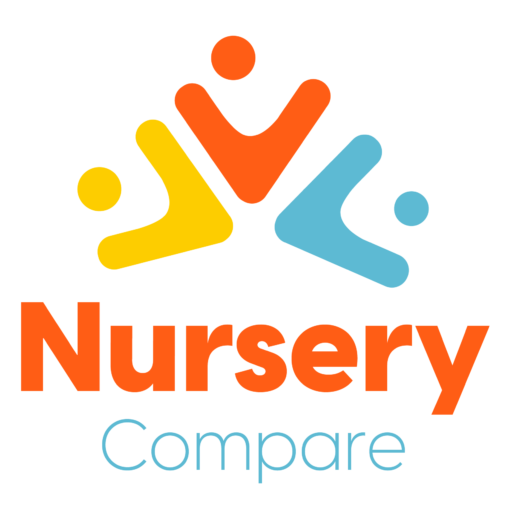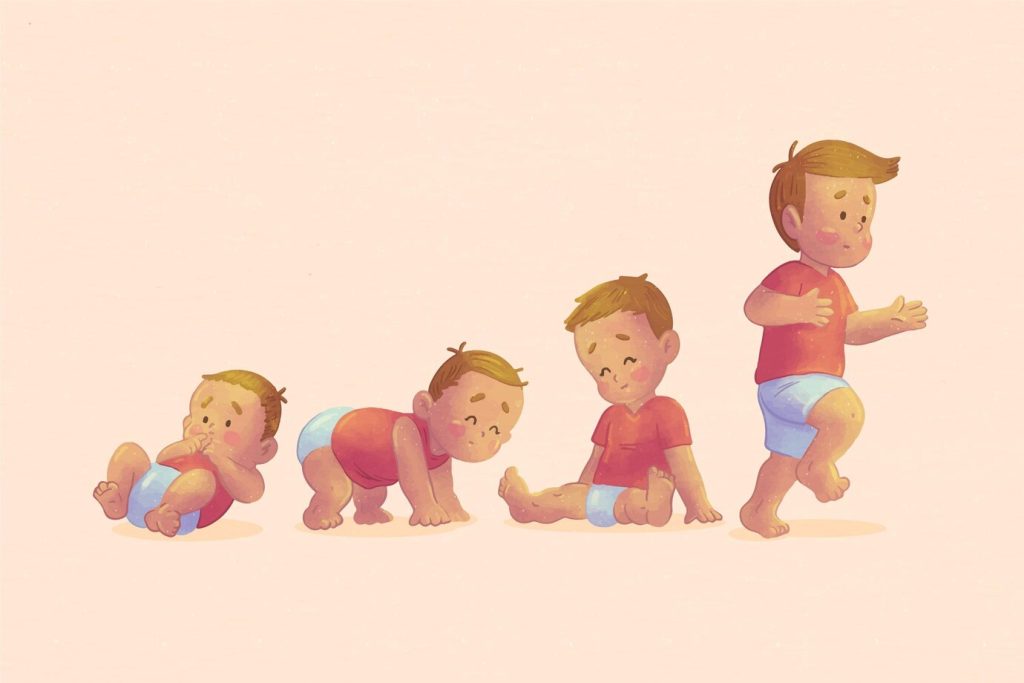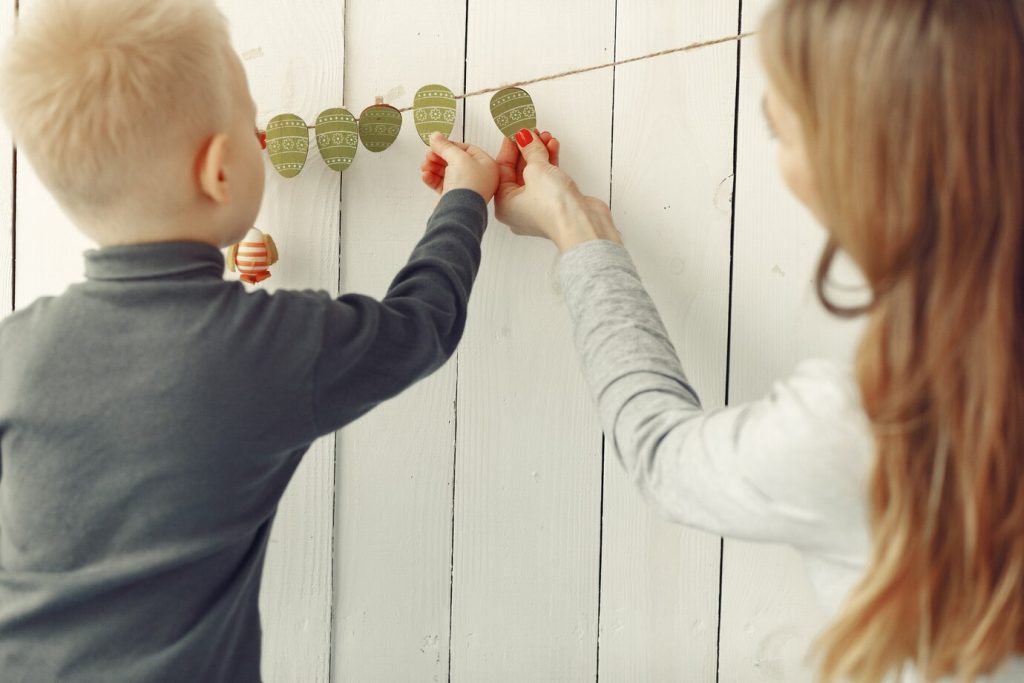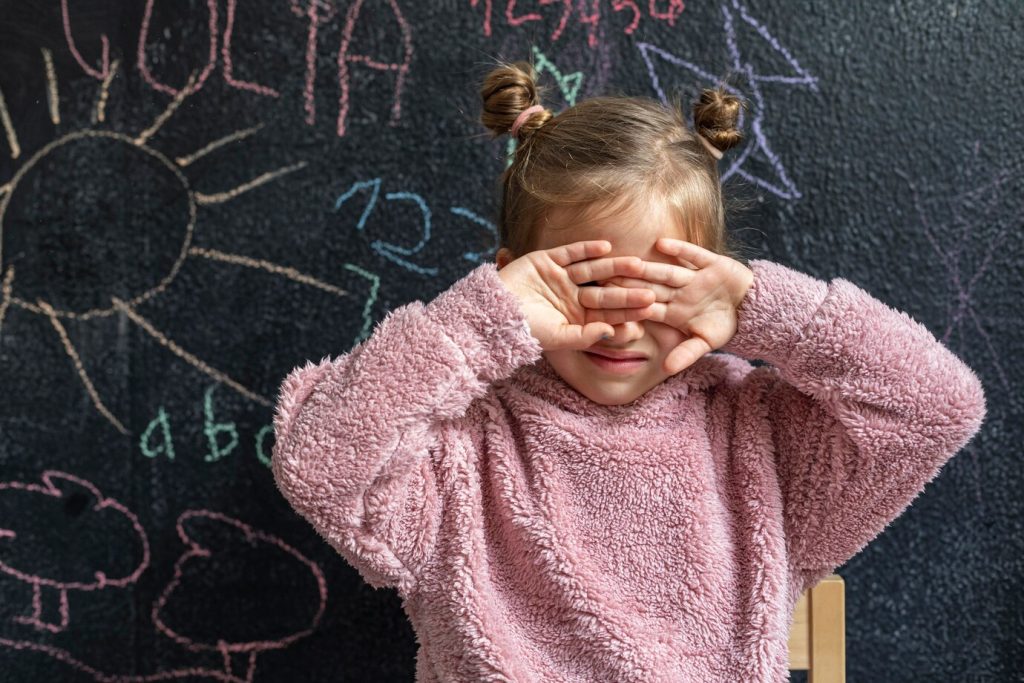
Toddler Milestones to Watch During Nursery Years

The first few years of your child’s life are full of exciting changes and amazing progress. As a parent or caregiver, it’s completely normal to feel a mix of joy and a bit of worry as you see your little one grow. Learning about toddler milestones can give you a clearer picture of what to expect and how to best encourage your child during these early years. This guide will gently walk you through the important physical, thinking, and social skills your child may develop—plus offer simple tips to help them along the way. Keeping an eye on toddler milestones helps you feel more confident and connected in your child’s journey.
Growing Strong: Physical Development Toddler Milestones
Watching your child grow and discover what their body can do is one of the greatest joys of early parenthood. From tiny movements to big steps, physical growth happens bit by bit. Every child grows in their own time, but there are some common toddler milestones you can look out for to see how your little one is progressing.
0–6 Months
In the beginning, babies go through many quick changes in their physical abilities. Some exciting milestones to look for include:
- Head Control: Around 3 to 4 months, babies begin lifting their heads during tummy time. By 6 months, many have steady head and neck control.
- Rolling Over: Most babies roll from tummy to back by 4 to 6 months, and from back to tummy by 5 to 7 months.
- Grabbing and Holding: Between 5 and 6 months, babies reach for toys, grasp objects, and may start passing things from one hand to the other.
6–12 Months
As babies grow stronger, their movements become more controlled and purposeful:
- Sitting Up: Between 6 and 8 months, many babies sit up without help and may begin crawling.
- Crawling: Crawling often starts between 7 and 10 months, though some babies may scoot or roll instead.
- Standing: Around 9 to 12 months, babies often pull up to stand and may even try a few steps.
12–18 Months
Your child is becoming more mobile and confident during this time:
- Walking: Most toddlers take their first steps between 12 and 16 months. Some may start a bit later, which is perfectly okay.
- Climbing: By 18 months, many toddlers enjoy climbing on furniture or stairs with your supervision.
18–24 Months
Your toddler is now refining their movement skills:
- Running and Kicking: Between 18 and 24 months, toddlers often begin to run and can kick a ball.
- Using Hands: Fine motor skills improve, and toddlers may start stacking blocks, turning book pages, or using a spoon to eat.
2–3 Years
During this stage, toddlers continue hitting exciting physical milestones that show how far they’ve come:
- Jumping: By about 2.5 to 3 years, many toddlers are able to jump with both feet.
- Pedaling: Around age 3, some children begin to pedal a tricycle, showing better balance and coordination.
Keeping track of these toddler milestones not only helps you understand your child’s growth but also gives you a chance to celebrate each wonderful step they take.
Little Thinkers: Cognitive Milestones
Cognitive development is all about how your child learns, understands the world, and begins to solve little puzzles in everyday life. These early years are full of mental growth as your baby begins to notice patterns, react to sounds, and connect ideas. Understanding cognitive toddler milestones can help you encourage and support their learning at every stage.
0–6 Months
Even in the first months, your baby is soaking in so much from the world around them:
- Knowing Faces and Sounds: Right from birth, babies recognize familiar faces and voices. By 2 or 3 months, they start to follow things with their eyes and turn toward new sounds.
- Learning About “Peekaboo”: Around 4 to 6 months, babies begin to understand that things still exist even when they’re out of sight. This is a big mental step called object permanence.
6–12 Months
As babies grow, their curiosity leads to some clever discoveries:
- Exploring Cause and Effect: By about 9 months, they start to notice that their actions have results—like shaking a rattle to hear the sound.
- Solving Small Problems: Before their first birthday, many babies try to figure things out, like reaching for a toy that’s just out of their grasp.
12–18 Months
Your child begins to copy and communicate more during this time:
- Copying Grown-Ups: Toddlers may pretend to do everyday activities they see you do, like brushing hair or talking on the phone.
- Early Words: By 18 months, your little one might know a few words and understand simple directions like “come here” or “give me the ball.”
18–24 Months
Now your toddler is starting to think in more organized ways:
- Grouping and Sorting: Around age 2, toddlers often enjoy sorting objects by color, size, or shape, showing off their growing thinking skills.
- Talking More: Their vocabulary starts growing fast, and they’ll begin using two- or three-word phrases to express what they want.
Celebrating these cognitive toddler milestones helps you see just how much your child is learning every day. With your love and encouragement, their curious minds will continue to blossom.

Growing Hearts: Social-Emotional Milestones
Social-emotional growth is about how your child learns to connect with others and manage their feelings. These early interactions help build the base for healthy friendships, emotional confidence, and future communication. Recognizing these important toddler milestones can guide you in nurturing your little one’s heart and mind as they grow.
0–6 Months
In the first few months, babies begin to form special bonds and enjoy simple social moments:
- Building a Bond: Babies start to feel safe and secure with their caregivers. They’ll seek comfort when upset and light up when they see a familiar face.
- First Smiles and Sounds: By around 6 weeks, you’ll likely see that heart-melting smile. By 3 to 4 months, babies start cooing and showing joy during playful moments.
6–12 Months
During this stage, your baby becomes more aware of who’s familiar and who isn’t:
- Shyness Around Strangers: Between 6 and 8 months, babies often feel uneasy with new people. This shows their growing connection to you.
- Enjoying Simple Games: From 9 to 12 months, babies start to love games like peekaboo. These moments teach them about taking turns and paying attention to others.
12–18 Months
Your toddler starts showing more feelings and ways of connecting:
- Showing Feelings: Whether it’s clapping when they’re proud or fussing when frustrated, toddlers begin showing a wider range of emotions.
- Playing Side by Side: Around 18 months, toddlers often play next to other children, known as parallel play, even if they’re not playing together yet.
18–24 Months
This is a time of big emotional leaps:
- Understanding Others’ Feelings: Around age 2, toddlers may begin to comfort a friend or show concern when someone is sad—an early sign of empathy.
- Missing You More: Some toddlers may feel anxious when separated from their parents, especially in new environments. This is completely normal and part of healthy development.
2–3 Years
Your child is starting to grasp more social rules and feelings:
- Learning to Share: By 2.5 to 3 years, toddlers begin trying to share and take turns, though it may take time and patience.
- Bigger Feelings: Along with joy and excitement, toddlers might now show feelings like pride, embarrassment, or even jealousy as they navigate the world around them.
Tracking these toddler milestones helps you better understand your child’s emotional world and how to support them with kindness and care. Each small moment of connection is a big step in their growing social journey.
Gentle Ways to Support Toddler Milestones in Early Development
Every day brings something new as your baby grows—and there are many simple, loving ways you can help them reach important toddler milestones. Your support, attention, and care go a long way in helping your child learn and thrive.

- Create a Safe Space to Explore: Whether they’re learning to crawl, stand, or take those first steps, make sure your baby has a safe and open area to move around and discover new things on their own.
- Enjoy Books Together: Reading with your baby—and later your toddler—helps build early language and thinking skills. It also creates special moments for bonding and encourages your child’s love for learning.
- Make Time for Play: Play is how young children learn best. Offer toys that match your child’s age, like stacking cups or simple puzzles. These fun activities help with problem-solving and coordination—key parts of toddler milestones.
- Respond with Kindness: When your baby cries, laughs, or reaches out for comfort, they’re telling you what they need. By responding with patience and warmth, you help your child feel safe, loved, and ready to grow emotionally.
Supporting these early experiences helps your child reach toddler milestones with confidence and joy. Your presence, encouragement, and love are the best tools you can give.
Final Thoughts on Embracing Toddler Milestones with Confidence
Watching your child grow during the first three years is a truly special experience. It’s a time filled with first words, first steps, and countless little moments that show just how much they’re learning. Understanding toddler milestones from birth through age three gives you a helpful guide as you walk alongside your child in their early journey.
Each of these milestones—whether physical, cognitive, or emotional—is like a stepping stone, showing how your child is building the skills they’ll use for a lifetime. It’s important to remember that every child develops at their own pace. Some may reach certain toddler milestones earlier or later than others, and that’s perfectly okay. What matters most is that they’re growing in a loving, supportive environment.
As a parent or caregiver, your role is to nurture and encourage each new stage of development. From celebrating the small wins to offering comfort during tough moments, your presence and support mean everything. Keep cheering on their progress, even the tiniest of steps, because every milestone counts.
By staying in tune with toddler milestones and responding with care and understanding, you’re giving your child the best possible foundation for a happy, healthy future.
Read our latest article: “10 Phrases That Strengthen the Parent-Child Bond“